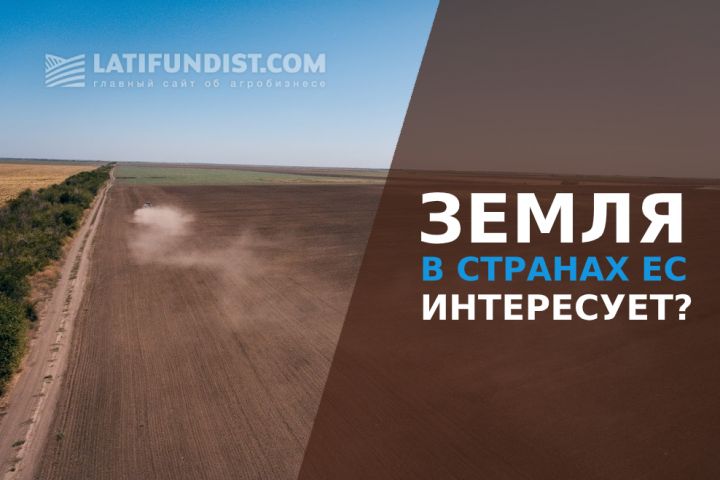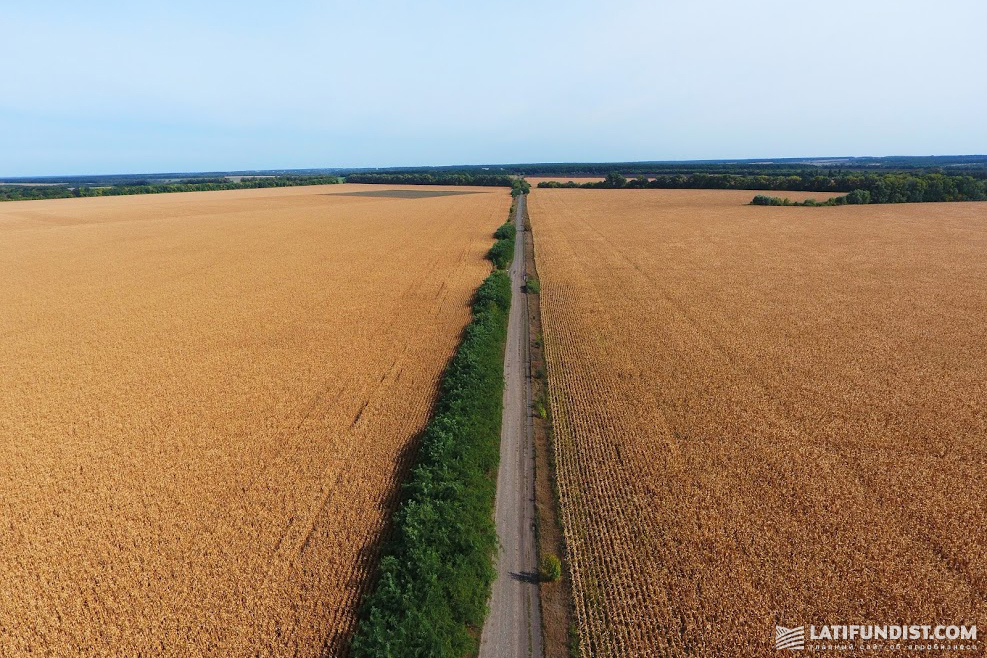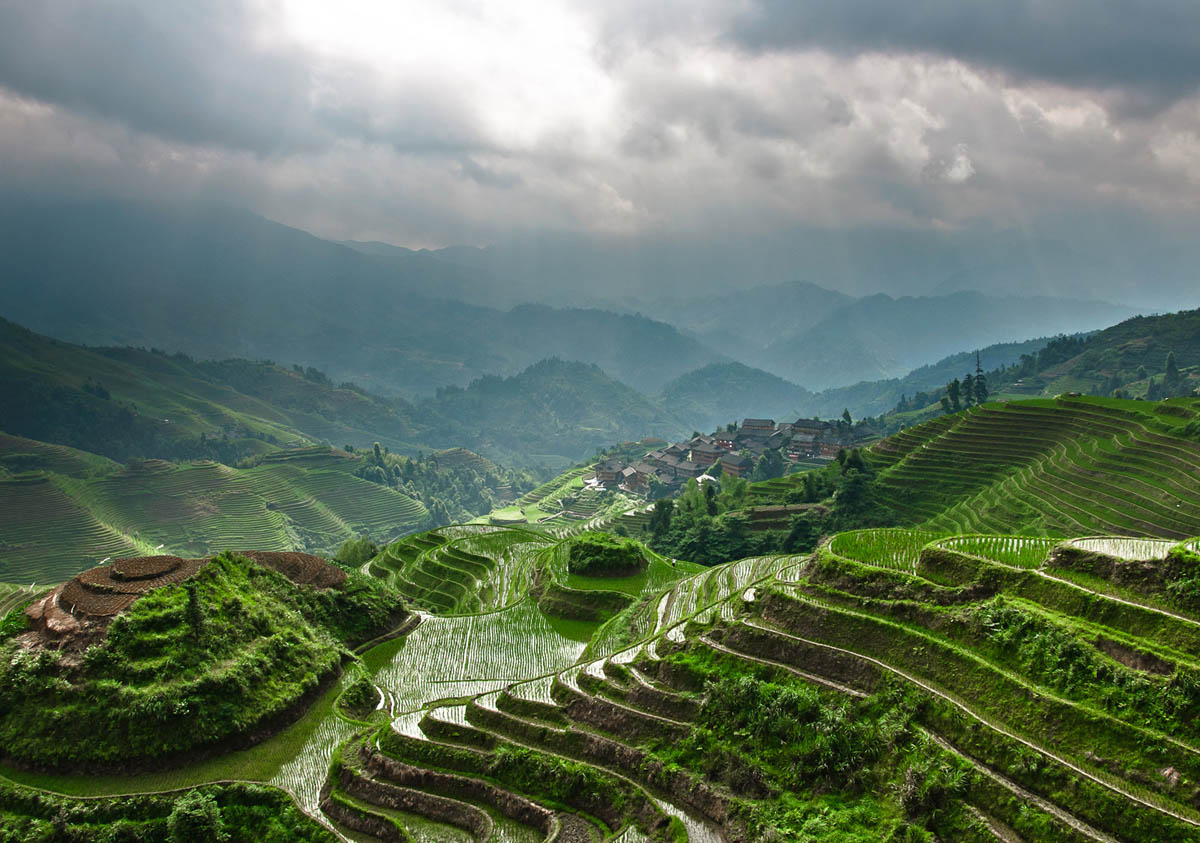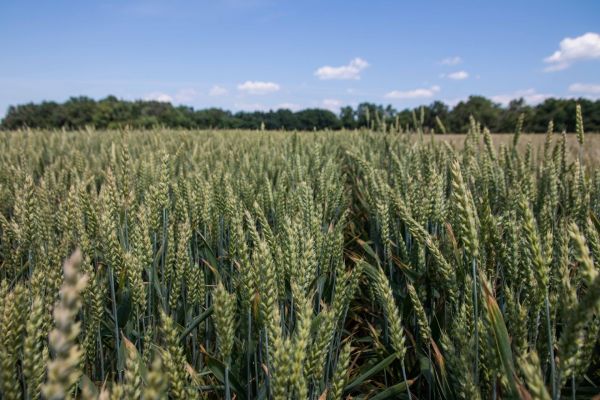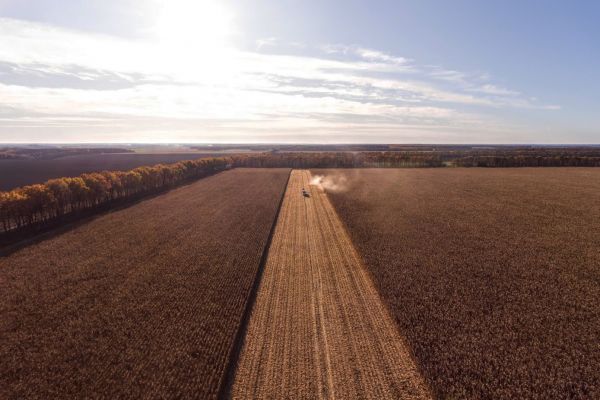Global Farmland Market: Options and Restrictions
The land issue has always been a peculiar and complicated one for Ukraine. Probably, it is largely due to the history of our state, which has always had to protect its territory. Besides, the mentality of Ukrainians plays its part, as we have been handed down from generation to generation the unshakable notion of the value of land, its perception as the most important symbol of prosperity.
This topic has become particularly heated now that the authorities have seriously started talking about the imminent lifting of the moratorium on the sale of farmland. Despite the experience of the majority of developed countries where the farmland market is open for a long time, we still have much rejection towards this process. Many Ukrainians are more afraid of so-called "foreign expansion" rather than of the domestic agricultural holdings. The question arises whether the "freeland" of the country itself made sure that their land does not go into the hands of foreigners after the market opening. Or has it become easy to buy land abroad and accessible to everyone?
In search of an answer, we suggest that you consider the trends and existing experience in this field. To begin with, the conditions for buying farmland differ from country to country. But there is also a common factor – the growth of its value resulting from the balance of supply and demand. That is, the open market has turned land into a real asset. And in order to secure this asset, each country has its own system of restrictions on the purchase and sale of land.
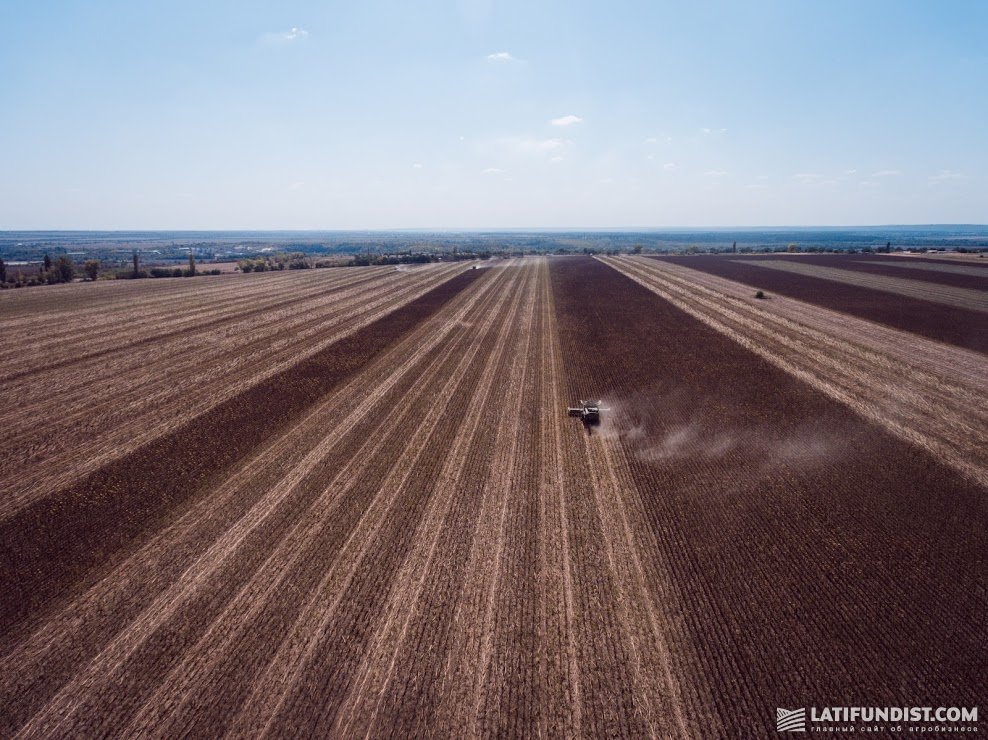
For example, in Norway and Poland foreigners must obtain a special permit. In Lithuania, Latvia, Estonia, Hungary and Slovakia, the buyer can be a citizen of the European Union or the European Economic Area. And in Germany, Finland, Italy only local residents are authorized to participate in the land market. And although there are countries in the world where foreigners have equal rights to purchase land as its subjects (France, the UK, Belgium, the Netherlands, Luxembourg), restrictions are still the most common practice.
Enterprising Europeans
We will take several specific countries for a detailed study. For example, our neighbour and in many ways an example of a fast and quality European transformation – Poland. Its constitution states that the foundation of the country's agriculture is family farming. Today, a foreigner can buy Polish land only if he proves the intention to cultivate it and lives not less than 5 years not just in Poland, but in the commune where he intends to buy it. Moreover, he will be refused the purchase if this land is claimed by one of the family members of the previous owner or neighbouring farmers. If there are no such persons, the agency of agricultural real estate gets the preferential right to buy the land. And only if it refuses, the land then may be bought by a foreigner who, in addition, must obtain permission in advance from the relevant ministries of the state, Internal Affairs and Agriculture.
A similar system, yet peculiar in its own way, is in effect in other Eastern European countries, as well as in the Baltic States. For example, in order to buy land in Bulgaria, foreigners must live in the country for at least 5 years or conduct their private activities there. However, in Moldova non-residents are unauthorized to buy farmland, while persons with dual citizenship are very much welcome to do so. Although the possibility of legalizing access to farmland market for foreigners is being actively discussed.
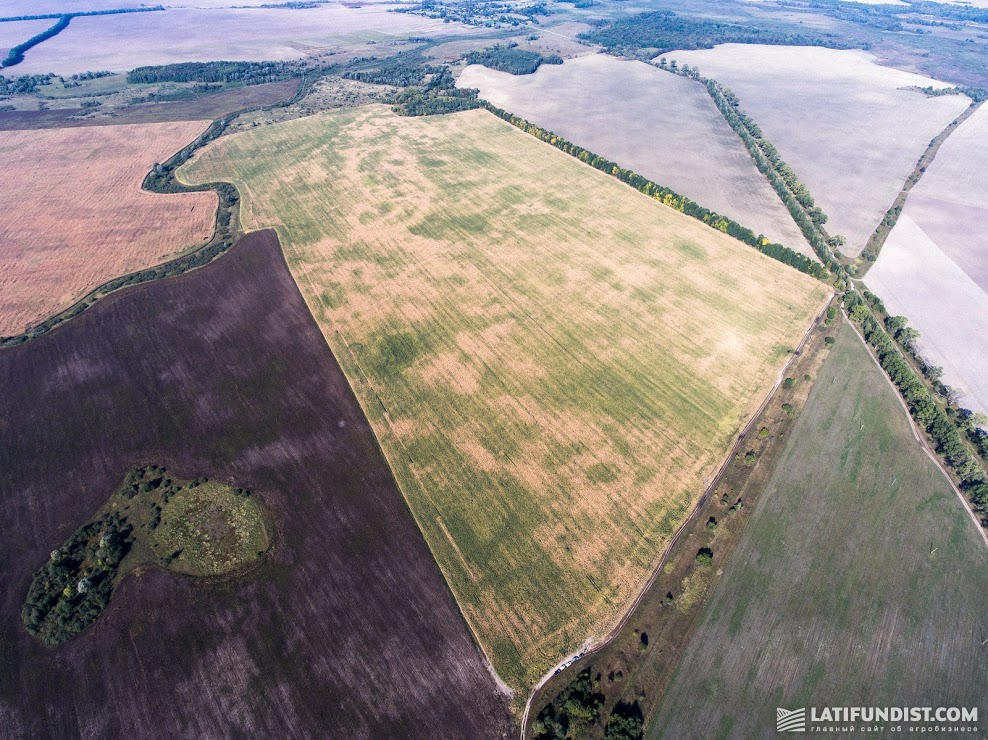
A similar right is being considered in Georgia, despite the fact that currently non-residents can only inherit the land or get it together with the purchased house. In Estonia, citizens of the EU member states can participate in land purchase and sale operations, but only if they use it for agricultural purposes not sooner than in five years. Citizens of countries that are not members of the EU are allowed to use no more than 10 hectares of land. Small plots of land are free for sale to all, regardless of citizenship.
France is slightly different in this regard. Here foreigners are not forbidden to buy land, but the market is strictly regulated by the state. For this purpose, there is SAFER, land development and rural establishment society. Its authority is evidenced even by the fact that notaries must warn them of every intention to sell the land. SAFER actively opposes attempts to change the purpose of agricultural land, and also applies mechanisms to prevent the purchase of land on the outskirts of cities for development. Speaking about foreign buyers, it is possible to sell them land but there is a limit. The purchase price should not exceed EUR 38 mln. Vineyards are a separate topic. In France, they are considered national wealth and are not subject to sale to foreign citizens.
The situation is quite similar in Spain. Local legislation does not forbid foreign citizens to buy land here, and they can do it on an equal footing with the country's residents. Still, there are nuances. The land plot should be no closer than 150 meters to the sea coast, as the entire coastal area belongs to the Kingdom. Therefore, when choosing a land plot, for example, in Costa Brava, it is worth making sure that the necessary distance is kept. Well, if the purpose of buying land is to build a house, it is important to take into account that it can only be done on the target plots for development.
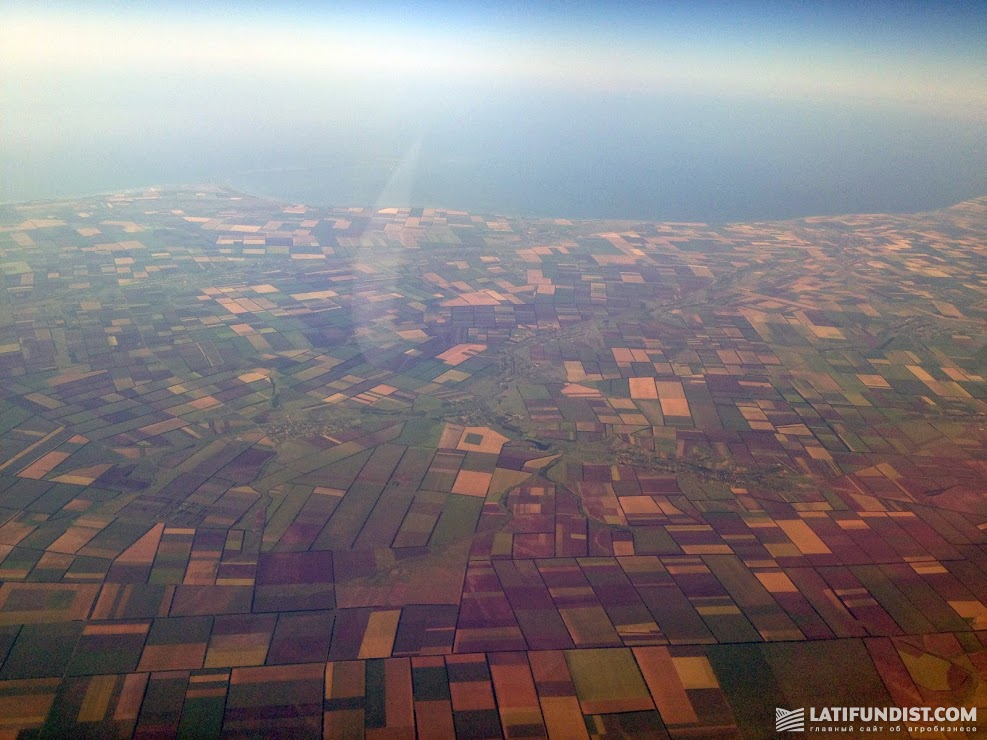
This leads to the conclusion that it is not the possibility for foreigners to buy land, but the regulation of such a possibility at the state level, which is indicative of the open market policy in Europe. In other words, for one to earn on the land asset and not to lose it, there should be clear and effective rules in the interests of the country and, in particular, the local farmer, who is a priority in most European countries.
Mention should be made that the European countries, especially the new EU member states, have not immediately liberalized the land market for foreign citizens. It took most of them from 7 to 12 years. And this once again confirms that there is always a clear state commitment behind the progressive European views.
Look to the East
As for Asian countries, the perception of the land market is rather conservative. For example, in Tajikistan, foreign citizens and foreign legal entities are not granted the right to use agricultural land. Such a right with the possibility of further alienation have only natural and legal persons of the Republic of Tajikistan who are directly involved in agricultural production.
The issue is also strictly regulated in Russia — foreign citizens and legal entities can own agricultural land plots only on the basis of lease rights.
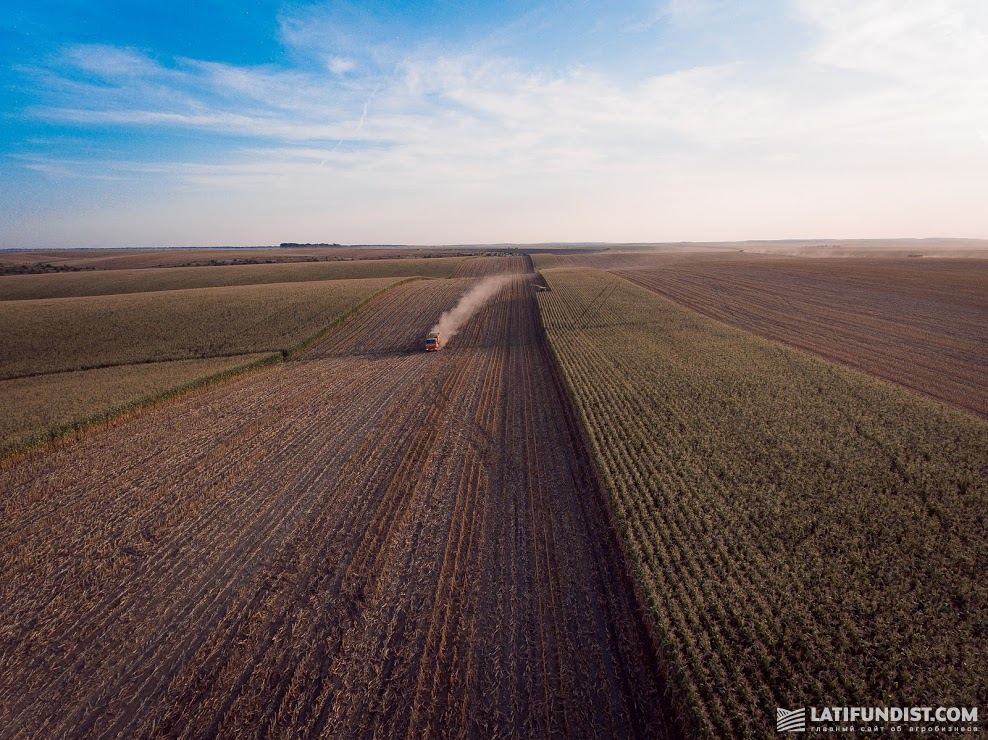
How liberal the liberals are
There is no doubt that larger countries such as the United States, Canada and Australia have also taken care of their "strategic land reserves." By the way, this is where restrictions are imposed at the regional level of states and provinces, rather than at the state level. In Canada, restrictions on the acquisition of land by foreigners have nothing to do with liberalism at all. In a number of provinces having agricultural significance, there is a ban on land acquisition not only by foreigners but even by residents of other provinces. A number of provinces have a system of concessional lending for agricultural land, but it is not applicable to non-residents. And this is despite the fact that Canada clearly has no shortage of land since it is the second-largest country in the world in terms of area, while the population of this country is smaller than the population of Ukraine.
The same holds true for the United States. Although it is not formally prohibited for foreigners to buy agricultural and forest land at the federal level, foreigners do not actually own more than 1% of the land because of local restrictions in the states and serious bureaucratic obstacles. More than half of the states have more or less stringent restrictions on the purchase of agricultural land by non-citizens. In a number of states it is prohibited at all, in some it applies only to land belonging to the states. In many states it is prohibited to buy land for people from so-called unfriendly countries, the lists of the latter are changing. The maximum area of land in the possession of a foreign citizen is often limited. In general, the policy of both Canada and the U.S. is to ensure that agricultural land remains the property of their citizens.
As for Australia, it is a country with a fully open and liberal market. Foreigners can buy land on the same terms as local citizens do. The only condition for foreigners is to obtain state permission if the amount of the transaction is over USD 15 mln. But despite the openness, the market is developing poorly as the country's climatic conditions are unfavourable combined with strong soil salinity.
The Chinese factor
China is a completely different story. In the context of the land issue, it will be more relevant to consider the "Chinese tendency" to buy farmland worldwide rather than the possibility of acquiring local land. It is worth noting that China is the world's first largest country in terms of population, occupying only 9% of the land area, and the demand for food in China is ever-growing. Every year, the country imports more cereals and flour to meet its needs. In this situation, it is not surprising that Chinese investors are actively buying land abroad. For example, Australia is among their realized interests. At present, the Chinese own almost 5% of all agricultural land in Australia, mainly pastures. Land is used primarily for cattle breeding for meat and milk production. Field crops are produced on just 3% of the area. China is the second-largest foreign landowner in Australia after the UK.
China has ambitious plans for land acquisition in the Russian Far East. It is expected that Chinese farmers will account for at least 50% of the million hectares planned to be leased to foreign investors.
A separate mention should be made of the Chinese movement towards Africa. According to experts, today Chinese corporations have already bought or leased in Africa quite large territories – more than 3.5 mln ha of fertile land. Instead of the previously promised investments and benefits to the local residents came a real expansion. The Chinese rent cheap African land, build roads, elevators and processing plants. Nevertheless, their activities on African lands have created a big problem: intensive agriculture deprives African farmers of their jobs. Previously, where a hundred people used to cultivate arable land, there are ten of them left. Besides, they are relatively qualified farmers trained by the Chinese as tractor drivers, combine operators, etc. The unemployed people are forced either to starve or to move to the slums of cities.
If speaking about the so-called "Chinese factor", one can never say enough about this nation being long interested in the fertile land of Ukraine. Several years ago, information on the lease of 100 thou. ha of farmland in Dnipropetrovsk region was extensively discussed. According to the Ukrainian and Chinese media, the land should have been leased for 50 years and cultivated by Xinjiang Production & Construction Corp. Subsequently, the area of leased land should have grown to 3 mln ha. But this news provoked a strong public response and the deal was off. By the way, according to experts, today foreign capital controls 2.4 mln ha of agricultural land in Ukraine.
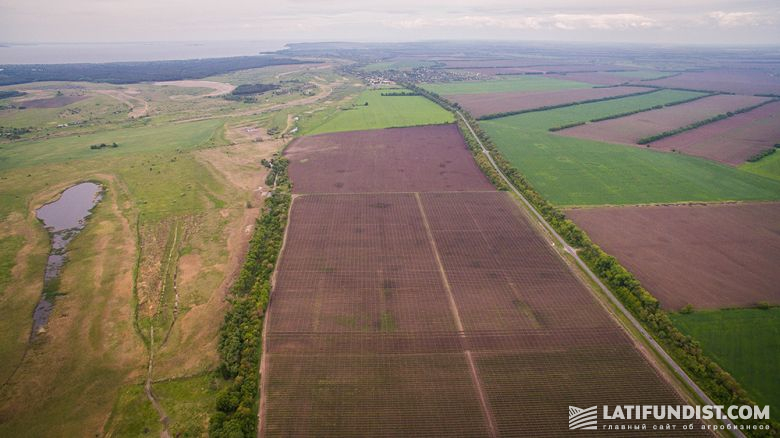
Conclusion due to be made
As a generalization of the situation in respect of the market loyalty in different countries, it should be noted that under the data reviewed, in no country more than 10-12% of the land was bought up by foreign investors. Surely, the world experience in the field is a matter of consideration for at least a couple more articles, although this information may well become a benchmark for the interested parties. The stage of collecting data on the opportunities to purchase land abroad can hardly be ignored. It is better, that being said, to be on the safe side. It will allow not only to find the most favourable conditions for yourself but also, perhaps, to avoid loss of both time and money.
Olga Bobrova, Latifundist.com

